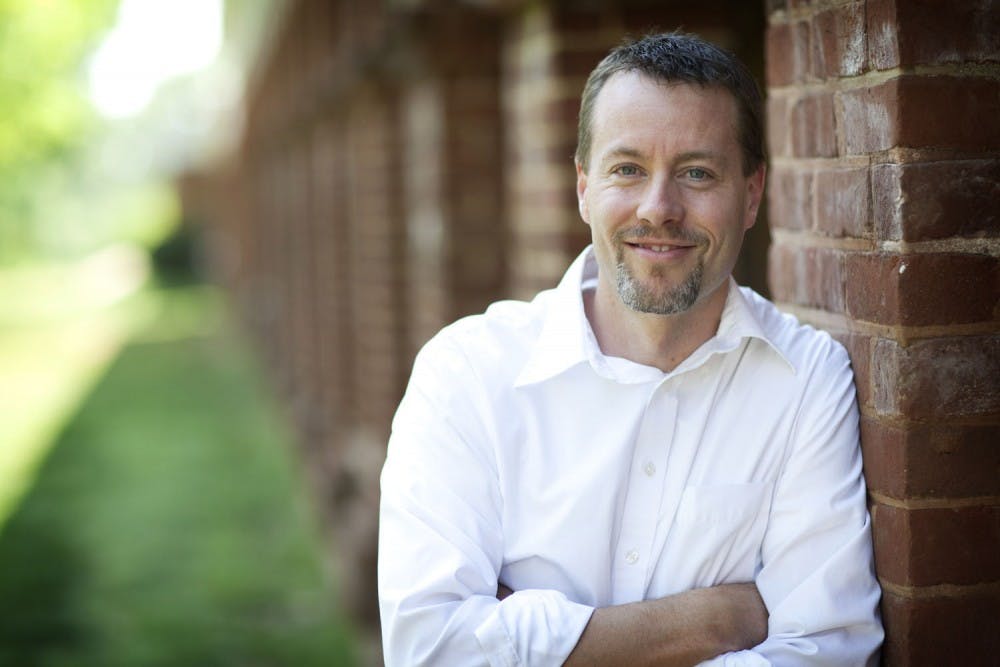This semester, Dr. Michael Palmer started teaching students science-based concepts that make learning easier and more effective through his new University seminar “The Science of Learning.”
In the course, Palmer explores topics such as preparing the brain for learning and increasing student motivation for difficult classes.
Palmer currently works as managing director for the Center for Teaching Excellence, where he creates educational development programs and consults with faculty, graduate student instructors and administrators about science-based teaching strategies.
“One of my fundamental beliefs is that faculty and instructors really care about their students and their learning,” Palmer said. “And so my entire career up to this point is to help them better understand teaching and learning. I hope that means that instructors enjoy teaching their courses more and that students enjoy taking those courses more.”
Palmer holds a Ph.D. in Chemistry and performed postdoctoral research in the University’s chemical engineering department. Palmer has also taught an inquiry-based, first-year chemistry laboratory course and a seminar course on infinity at the University.
In his current University seminar, Palmer combines his interest in STEM and teaching. Topics covered include learning cycles, changes in the brain and broader concepts such as the effect of sleep, diet, motivation and mindsets on learning. Before each class, students read articles and watch videos to introduce them to the science behind these topics.
“I have learned about how the brain works as far as memory processes goes,” first-year College student Ben Woodard said. “I now know more about effectively learning, studying and accessing memory in general.”
During class, students participate in discussions to explore follow-up questions, extensions and alternative views on the topics. Through weekly reflections and a variety of projects, students discover how they can apply learned concepts to their everyday lives.
“In this class, I have learned how to study well as well as the importance of meditation and sleep and how that helps your brain learn facts and information,” first-year student Lamia Khandker said.
In the class, students complete a learning portfolio, which allows them to take concepts learned in the course and make a series of realistic plans to apply them to their lives.
One of Palmer’s main goals for the course is having students learn how they can adjust their own lifestyles to better their learning.
“From years of teaching, I could see students exhibiting behaviors that I knew were not good for their learning,” Palmer said. “We talk about students having scientific, communication and visual literacy, but over time I began thinking that our students should have a certain level of learning literacy.”
Looking forward, Palmer hopes all students receive basic information about the science behind learning through other first-year seminars or as an introduction when they enter the University.
“I think [they are] very valuable skills,” Palmer said. “Once students start to recognize that certain things they do impact their learning, … they start eating better, [getting more sleep] and start studying in different, [more effective] ways.”
Correction: First-year College student Bob Woodard was previously incorrectly identified as Bob Woodward.







